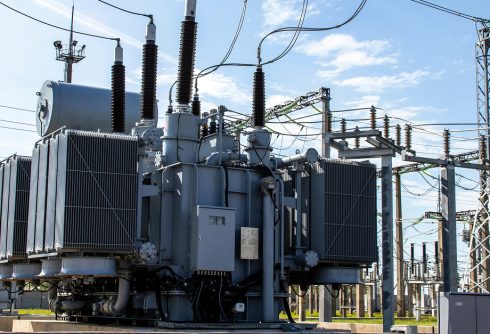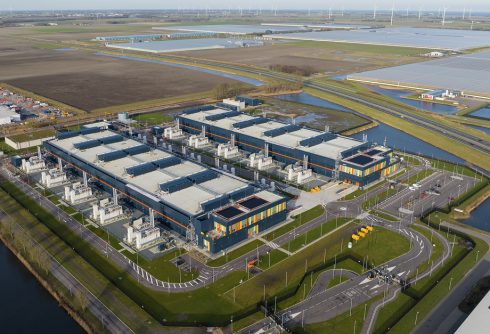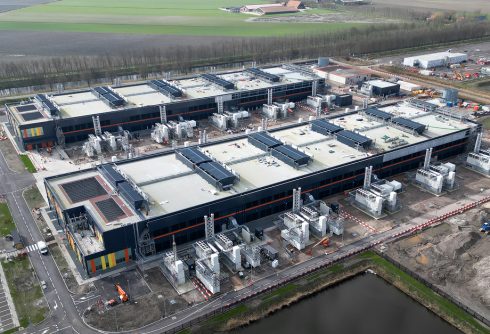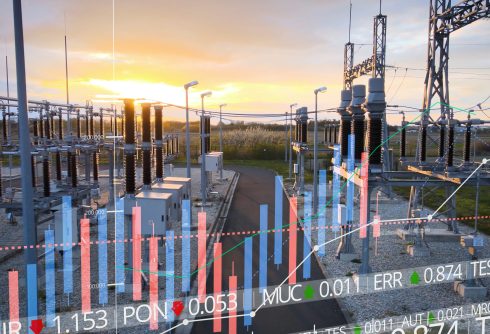The global energy sector is facing an unprecedented infrastructure supply crisis, with industry reports indicating a 40% increase in transformer prices since 2019 and lead times stretching beyond 24 months for the most critical components of the energy infrastructure. Driven by rising demand, material shortages, and geopolitical challenges, this shortage has significantly impacted energy networks and slowed economic development.
Power transformers, particularly, play a pivotal role in power distribution and transmission, ensuring efficiency and reliability across modern grids. The demand for modern power transformers has surged due to the transition to renewable energy, urbanization, and replacement of aging power grids, yet supply has struggled to keep pace. In fact, transformer lead times have increased from an average of two years and two months in 2021 to two years and six months in 2023.
Production constraints and supply chain disruptions have created significant delays and increased costs. Overcoming these challenges require an understanding of the root causes and a collaborative approach to implement effective strategic solutions.
Understanding the Transformer Shortage
The transformer supply crisis is rooted in a combination of rising global demand, supply chain disruptions, and evolving regulatory challenges. Each of these factors has compounded the pressure on an already strained industry, creating delays, higher costs, and an urgent need for innovative solutions. By examining these issues in detail, energy industry stakeholders can identify actionable strategies to address this growing problem.
Rising Demand
The surge in demand for transformers is fueled by various global trends reshaping the energy landscape. These trends include:
– Aging Infrastructure: Many existing transformers have reached or exceeded their operational lifespans, and need replacements to ensure grid reliability in the short-term.
– Urbanization and Population Growth: The ongoing expansion of urban areas worldwide demands higher energy capacity which puts additional strain on transformer production.
– Renewable Energy Integration: Transforming energy systems to accommodate solar, wind, and other renewable sources requires advanced transformers for efficient grid integration.
Supply Chain Disruptions
The supply chain issues affecting transformer production are varied and deeply rooted, amplifying the overall crisis.
– Material Shortages: Key materials like copper and electrical steel are in limited supply, driving up costs and production timelines.
– Pandemic Aftershocks: Manufacturing slowdowns and shipping bottlenecks stemming from the COVID-19 pandemic continue to impact the industry.
– Geopolitical Tensions: Trade restrictions and regional conflicts have further complicated access to essential materials and components.
Regulatory Challenges
Evolving regulatory standards are also adding complexity to the transformer supply crisis, as manufacturers strive to meet higher performance and environmental benchmarks.
– Eco-Friendly Standards: Compliance with global regulations, such as the EU’s EcoDesign Tier 2, demands new production technologies and processes, adding complexity and cost.
– Safety and Reliability Expectations: Stricter standards for testing and performance mean manufacturers must allocate more time and resources to quality assurance.
Strategies for Addressing the Transformer Shortage
As the transformer supply crisis continues to challenge the energy sector, adopting practical and forward-thinking strategies is essential. By focusing on expanding production, building resilient supply chains, and driving innovation, stakeholders can mitigate the crisis’s impact and ensure the long-term stability of global energy infrastructure. Here are a few areas that offer immediate impact:
Expanding Production Capacity
Expanding production capacity is a key step in overcoming the transformer supply crisis. Addressing current bottlenecks in manufacturing can help meet rising demand and reduce delays in project delivery.
– Investing in New Facilities: Manufacturers can expand their output by building or upgrading facilities equipped with advanced technologies.
– Partnering Across Borders: Collaborative efforts between international manufacturers can alleviate regional shortages and optimize resources.
Enhancing Supply Chain Resilience
Strengthening supply chains is vital to reducing vulnerabilities and ensuring continuity in transformer production. Proactive measures can help navigate disruptions and secure critical resources. Such measures include:
– Diversifying Material Sources: Reducing reliance on a single supplier or region helps to avoid bottlenecks.
– Stockpiling Critical Materials: Maintaining reserves of essential materials ensures production continuity during shortages.
– Leveraging Technology: Tools like blockchain and AI can improve transparency and efficiency in logistics.
Accelerating Innovation
Embracing innovation is critical to overcoming the challenges posed by the transformer supply crisis. By advancing technology and exploring sustainable alternatives, the energy sector can build a more resilient and efficient infrastructure.
Innovation in design and materials to address long-term challenges:
– Eco-Friendly Alternatives: Developing transformers that use biodegradable oils and sustainable materials reduces environmental impact and aligns with regulatory goals.
– Compact Designs: Smaller, more efficient transformers can meet demand without requiring as many raw materials.
– Smart Grid Integration: Incorporating digital monitoring and control systems improves transformer performance and grid management.
The transformer supply shortage is a complex challenge. By understanding the root causes tied to rising demand, supply chain disruptions, and the varied regulatory pressures, stakeholders can implement effective strategies to address immediate needs while fostering long-term resilience. From expanding production capacity to leveraging technology and innovation, the path forward requires collaboration across industries and borders to secure the future of global energy infrastructure.
Learn More
Northfield fosters continuous innovation to transform the energy infrastructure and construction industries by providing unrivaled, end-to-end global procurement, logistics, and production management.
At Northfield Transformers, we leverage our distinguished capabilities in logistics and production management to rapidly supply mission-critical, high-quality energy infrastructure equipment across the globe. We deliver transformers with the shortest lead times in the industry.









